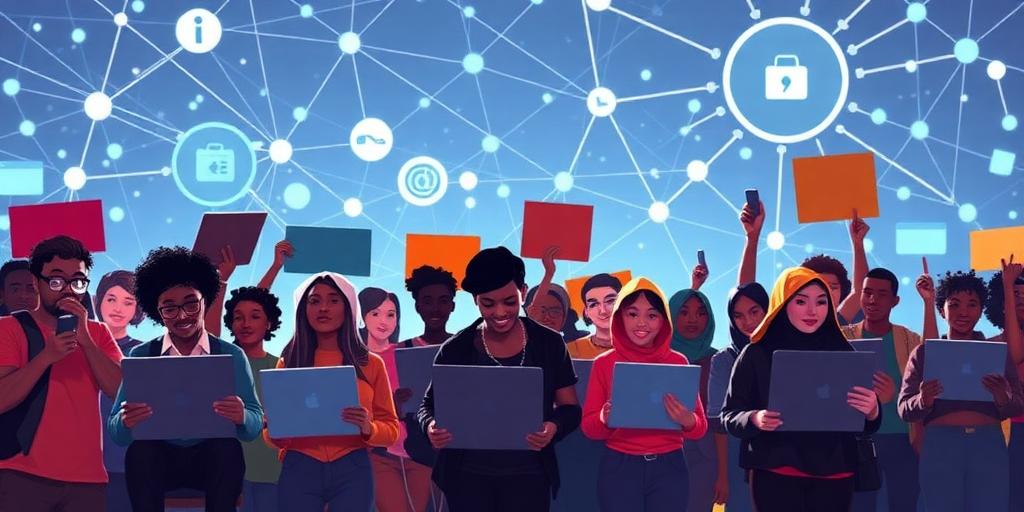In today's interconnected world, online activism has become a powerful tool for social and political change. From organizing protests to raising awareness about critical issues, the internet provides a platform for activists to mobilize and make their voices heard. However, this digital landscape also presents unique challenges, particularly concerning the protection of digital rights. This article explores the importance of ensuring digital rights for protestors and outlines strategies to safeguard online activism.
Understanding Digital Rights: Digital rights are the fundamental rights and freedoms that individuals are entitled to when using the internet and digital technologies. These rights include:
- Freedom of expression: The right to express opinions and ideas online without censorship or interference.
- Access to information: The right to access a wide range of information and diverse perspectives online.
- Privacy: The right to control personal data and communications online.
- Freedom of assembly: The right to organize and participate in online protests and campaigns.
- Net neutrality: The principle that all internet traffic should be treated equally, without discrimination or prioritization.
The Importance of Protecting Digital Rights for Protestors: Protecting digital rights is crucial for ensuring that protestors can exercise their fundamental freedoms and effectively advocate for change. Here are some key reasons why:
- Enabling free expression: Digital rights empower protestors to express their views, share information, and challenge oppressive systems without fear of reprisal.
- Facilitating mobilization: Online platforms enable protestors to organize events, coordinate actions, and mobilize supporters quickly and efficiently.
- Promoting transparency and accountability: Digital rights allow protestors to monitor government actions, expose wrongdoing, and demand accountability from those in power.
- Protecting anonymity and privacy: Digital rights safeguard the identities and communications of protestors, protecting them from surveillance, harassment, and persecution.
Strategies for Ensuring Digital Rights: To protect online activism and ensure digital rights for protestors, a multi-faceted approach is needed. Here are some key strategies:
- Legal frameworks: Governments should enact laws and policies that protect digital rights, including freedom of expression, privacy, and access to information. These laws should be consistent with international human rights standards and provide effective remedies for violations.
- Digital security training: Protestors should receive training on digital security best practices, including how to use encryption tools, protect their privacy online, and avoid surveillance. This training should be accessible and tailored to the specific needs of activists.
- Secure communication platforms: Protestors should use secure communication platforms that protect their privacy and confidentiality. These platforms should offer end-to-end encryption, anonymous messaging, and other security features.
- Advocacy and awareness-raising: Civil society organizations, human rights groups, and activists should advocate for digital rights and raise awareness about the importance of protecting online activism. This includes monitoring human rights violations, documenting cases of censorship and surveillance, and engaging in public education campaigns.
- International cooperation: Governments, international organizations, and civil society groups should work together to promote digital rights and protect online activism globally. This includes sharing best practices, providing technical assistance, and supporting activists who are facing threats or persecution.
Conclusion: Protecting online activism and ensuring digital rights for protestors is essential for promoting democracy, human rights, and social justice. By upholding freedom of expression, privacy, and access to information online, we can empower activists to mobilize, organize, and advocate for change without fear of reprisal. It is imperative that governments, civil society organizations, and individuals work together to safeguard digital rights and create a more open, inclusive, and democratic digital world.









